How the Courts Allow Racial Bias to 'Justify' the Killing of Black Men

By:
A new multi-decade study looking into thousands of homicides has found that the lack of accountability for the killing of black men isn’t limited to police shootings.
 AP Image/Rolf Kremming - apimages.com
AP Image/Rolf Kremming - apimages.com
However, an analysis by The Marshall Project, a non-profit news organization that covers the criminal justice system, found that there is a disturbing statistical trend in the killing of black men by white civilians. In one and six killings where the killer is white and the victim is a black man, there are no "criminal sanctions." In 17 percent of cases between 1980 and 2014 where a black man was killed by a non-hispanic white person, the killing was considered justifiable. That’s significantly higher than the overall rate of homicides that were deemed justifiable which was just 2 percent, according to the Marshall Project.
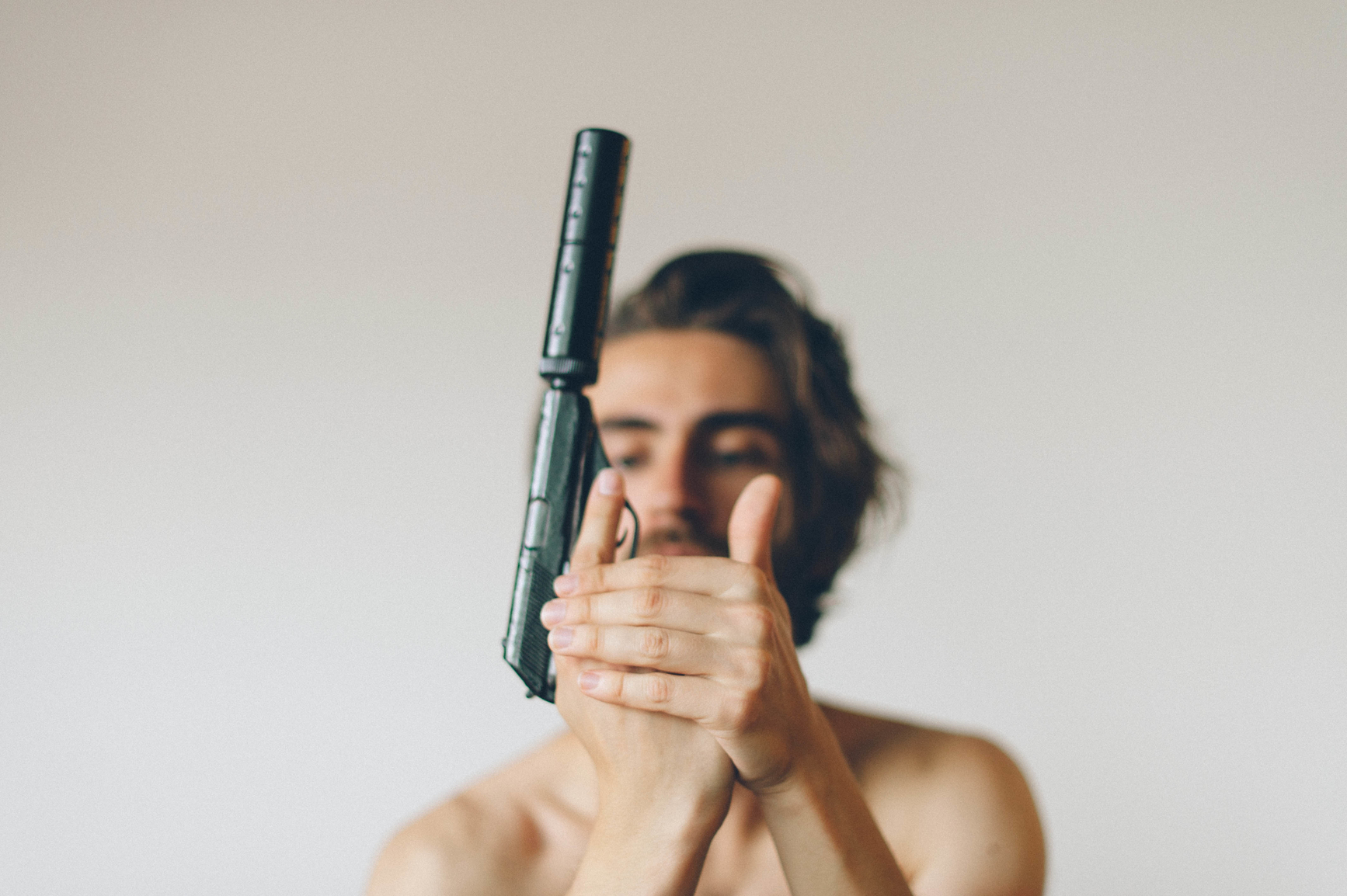 Stocksy - stocksy.com
Stocksy - stocksy.com
The Marshall Project's researchers said courts often rule that homicides were carried out in self-defense based on snap decisions made by the defendants.
"Self-defense decisions by regular people, much like those involving the police, are made quickly and with imperfect information," wrote the Marshall Project's Daniel Lathorp and Anna Flagg. "As a result, a homicide can be ruled self-defense when the killer faced no actual threat but had a reasonable belief he or she did. That is where irrational fear can come into play."
Research indicates those snap decisions can be driven by unconscious racial bias.
A study published in March in the Journal of Personality and Psychology found that people see black men as larger and more dangerous than white men who are actually the same size. “Participants judged the black men to be larger, stronger and more muscular than the white men, even though they were actually the same size,” lead author John Paul Wilson, PhD, of Montclair State University said in a press release in March. “Participants also believed that the black men were more capable of causing harm in a hypothetical altercation and, troublingly, that police would be more justified in using force to subdue them, even if the men were unarmed.”
ATTN: talked to University of Southern California law professor and author Jody Armour about race-based perceptions and the huge consequences they have in homicide cases.
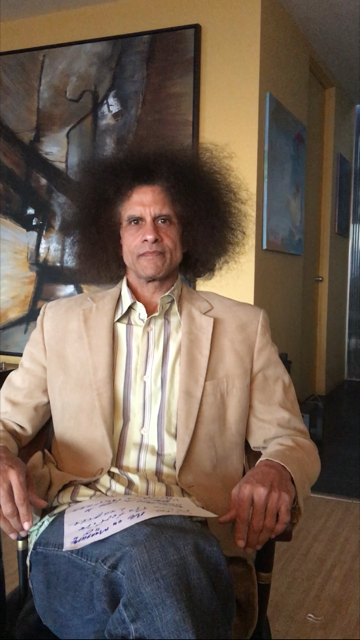
ATTN: Although it can be different in each state, generally how is it decided if a homicide is justified?
When is it reasonable to use lethal force against an ambiguous person? That's the key question in all these cases. If the ambiguous person, the suspicious person does not actually turn out to have posed a threat and he actually had an umbrella and not a weapon, you still have a self defense claim as long as your mistake was reasonable. The basic legal doctrine is based on appearances, not the reality. If it reasonably appeared that someone was about to attack you or someone else, than you have may have a self defense claim even if you were mistaken. The self defense justification suggests that you did the right thing and that the victim actually was attacking you. But, the way self defense doctrine actually works is that—even if the victim was not actually attacking you and even if you were not actually preventing more violence than you were inflicting—you could still have a self defense claim even if you believe the person is about to hurt you.
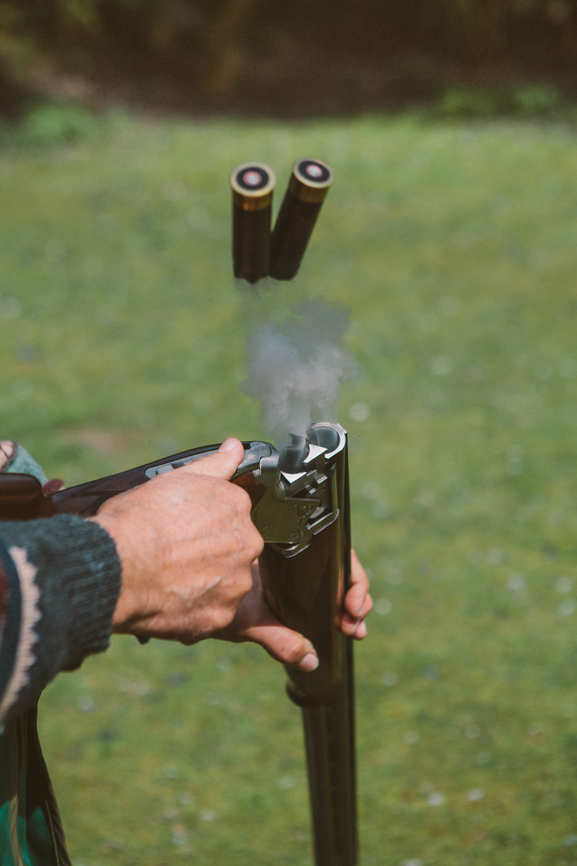 Stocksy - stocksy.com
Stocksy - stocksy.com
ATTN: How can race play a role in justifiable homicides?
In that requirement, you have all of the room for bias to play a role because what a jury or a prosecutor is going to think is reasonable is going to vary a lot of times for many different reasons, one of them being the racial identity of the shooter and of the victim. If they think an ambiguous black person would leave a reasonable person to be more fearful than a similarly situated white person, then they're going to think that the white person should be judged differently.
Race matters in the legal process because race matters in everyday life.
In the legal process, the reasonable person is supposed to bring ordinary common sense into the court room, and that's the way ordinary stereotypes can affect cases. The black victim's identity is going to be legally relevant.
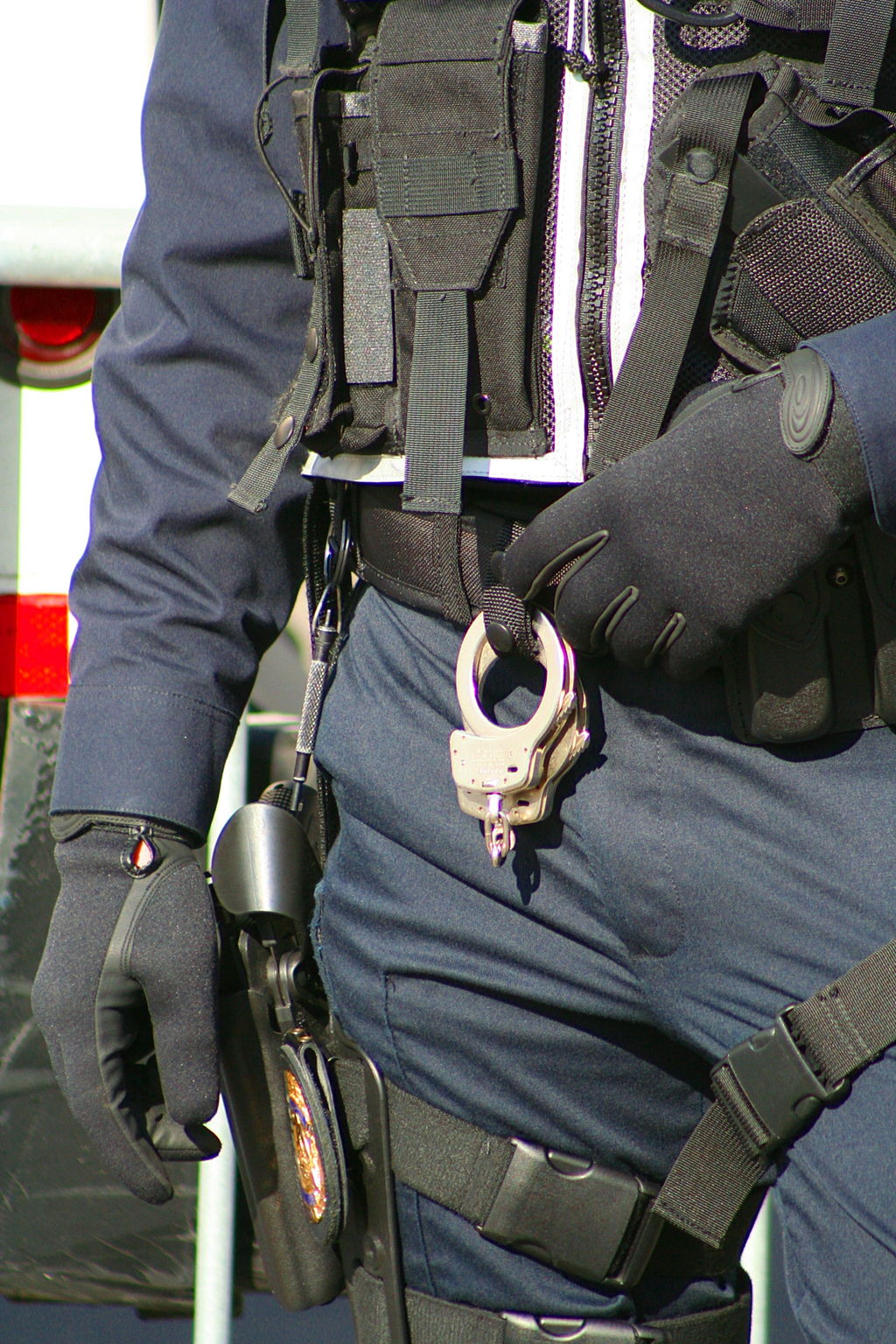 Wikimedia Commons/ Elvert Barnes - wikimedia.org
Wikimedia Commons/ Elvert Barnes - wikimedia.org
ATTN: This type of legal justification sounds similar to the type of defenses we hear in high-profile police shooting cases. Would you say there are similarities in how racial bias affects civilians and police officers?
Whether you're talking police officers or civilians, the test of liability is whether a reasonable person in that situation believed they were about to be attacked. It's the reasonableness of their belief that the victim posed an imminent threat of attack. It's always the same question in both cases, and you have to recognize that in self defense cases involving police, police are people too. They're held to the standard of ordinary people. There's an argument that we should hold them to a reasonable police officer standard. Do we expect police officers to be more courageous than the ordinary person? Well from all the cases we've seen, it seems like we don't expect that. In the Terrence Crutcher case, the police officer who killed him didn't show exceptional valor and was acquitted. So, in practice, police are held to the ordinary civilian standard.
 Stocksy - stocksy.com
Stocksy - stocksy.com
ATTN: So basically there can be racial bias in the decision to kill and racial bias from the people who decide whether the killing was justified. How does this play out in the jury box if a case goes to trial?
If the jury sympathizes or empathizes with the shooter, than the jury is going to find that shooter's belief to be reasonable. If the jury doesn't sympathize or empathize, than they will find that the shooter doesn't satisfy the reasonable person test. It's really a legal vehicle that allows ordinary jurors drawn from a cross section of the community to express their empathy or sympathy with the defendant. So if they might say, 'I would consider race in assessing a person and I empathize with the defendant who considered this black and suspicious person to be especially dangerous.' When the judge instructs the jury to apply the reasonable person test, the judge is inviting the jury look into a mirror.
Gaze into a mirror, and if you see the defendant looking back at you, you must acquit.
In the Trayvon Martin case, the judge asked the jury to look into a mirror and asked the jury to see themselves in George Zimmerman. 'If you don't empathize, than you aren't going to see him looking back at you in the mirror and you won't find him reasonable and you will not acquit.' They acquitted.
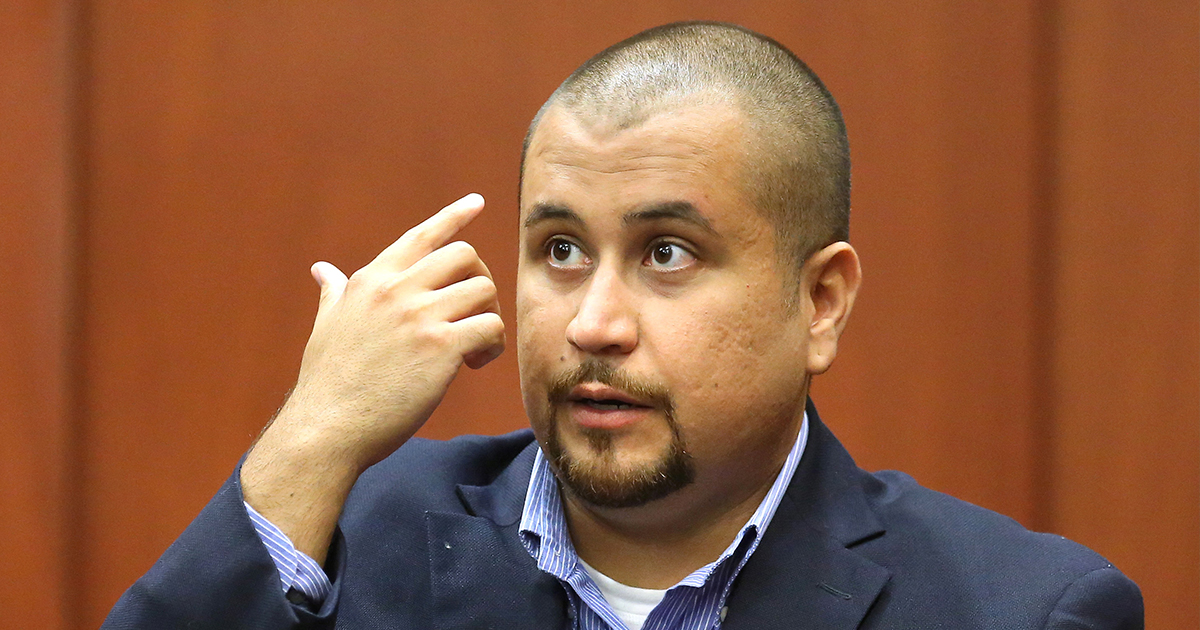 AP/Joe Burbank - apimages.com
AP/Joe Burbank - apimages.com
ATTN: There seems to be a myth that black people are out targeting white people for homicides and violent crime. The reality is that the overwhelming majority of white homicide victims are killed by other white people, and black people are mostly killed by other black people. This Marshall Project analysis shows that when white people do kill black people it's more likely to be considered justified. Why does society have these huge misconceptions about who is dangerous?
The false narrative has even been fueled by tweets from the commander-in-chief. He tweeted that the majority of whites are being killed by blacks and everyone roundly declared it to be false. Most homicides are intraracial not interacial statistically speaking. Whites have a lot more to fear from other whites than blacks. For example, white woman are dying at the hands of domestic violence perpetrators and that is really a greater source of peril to their safety than any cross racial violence, but that fear is there. The trope out there is that the ghetto avenger is somehow attacking the innocent white person, either just for the sake of revenge or for material reasons. There is that trope out there. It's false, but it doesn't mean that it doesn't have a lot of currency or that it doesn't get a lot of traction by people who are spinning alternative facts.
